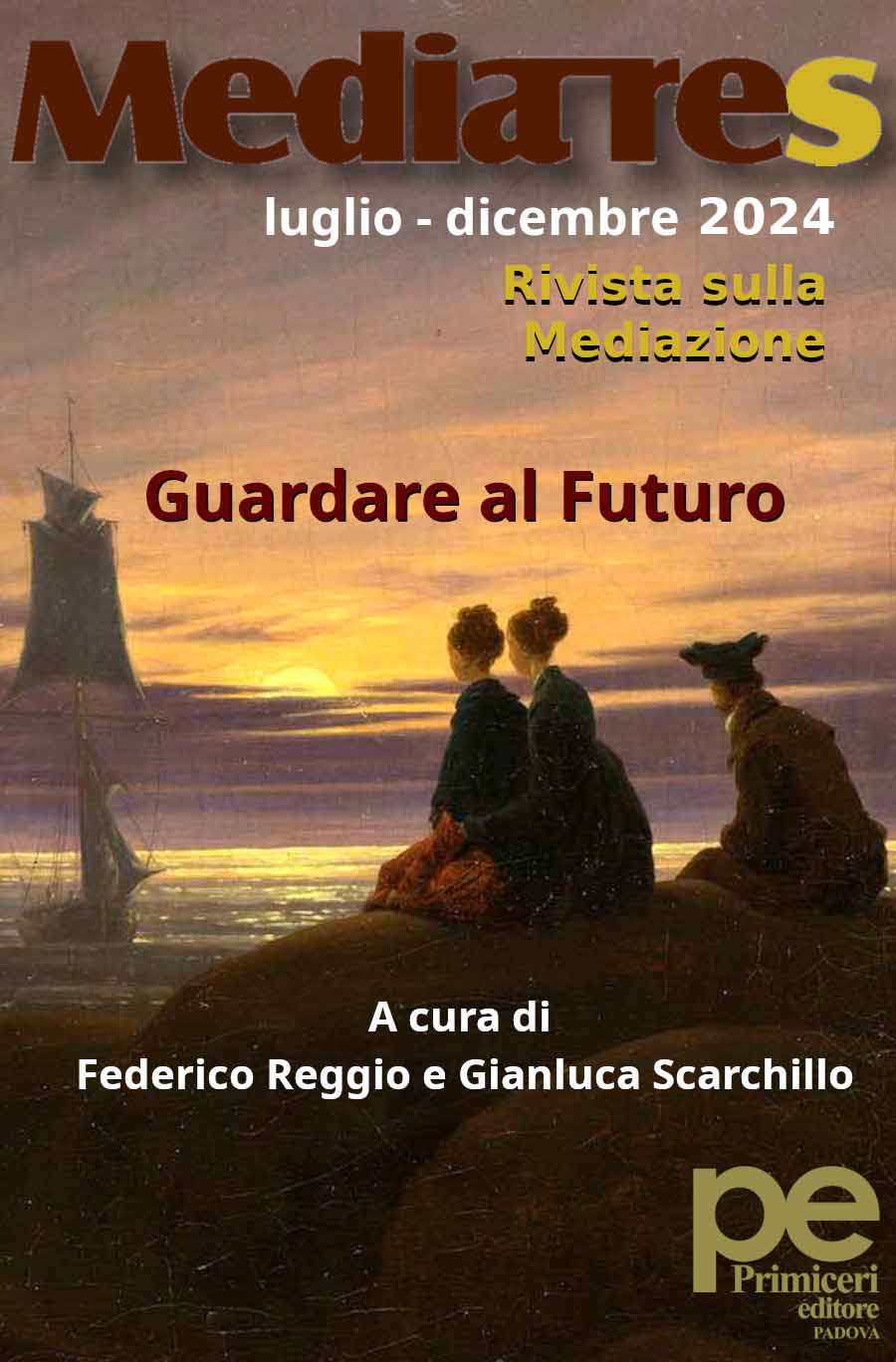La giustizia riparativa attraverso la mediazione con vittima surrogata: pericolo di un uso utilitaristico degli incontri riparativi?
Restorative justice through mediation with surrogate victims: Danger of a utilitarian use of restorative encounters?
Author(s): Sofia Maria PedroSubject(s): Criminal Law, Human Rights and Humanitarian Law, Victimology, Sociology of Law
Published by: Primiceri Editore
Keywords: restorative justice; restoration; Cartabia Reform; mediation with surrogate victims;
Summary/Abstract: One of the main critical issues in restorative justice is whether it can be implemented without a direct meeting between the offender, the victim, and the community. The Reparative Theory enables the pursuit of restorative justice without relying solely on the voluntary participation of those involved. This approach opens up the possibility of solutions that are not strictly “restorative”, such as mediation with a surrogate victim, recently introduced by the Cartabia Reform, where the offender interacts with a victim of a similar crime instead of the direct victim. The Fontana-Maltesi case concerns the possibility of including meetings with surrogate victims in restorative justice programs, despite strong opposition from the victim’s family. Once the purely procedural aspects of the case have been addressed, both the advantages and disadvantages of surrogate mediation within the context of restorative justice are analyzed. To prevent a potential utilitarian use, if not an abuse, of mediation with a surrogate victim, various restorative solutions are proposed that do not require a direct meeting between the parties involved, while taking into account the needs of the victims and, at the same time, exploring possible forms of repairing the harm.
Journal: Mediares. Rivista su trasformazione dei conflitti, cultura della riparazione e mediazione.
- Issue Year: 2024
- Issue No: 2
- Page Range: 204-229
- Page Count: 26
- Language: Italian

